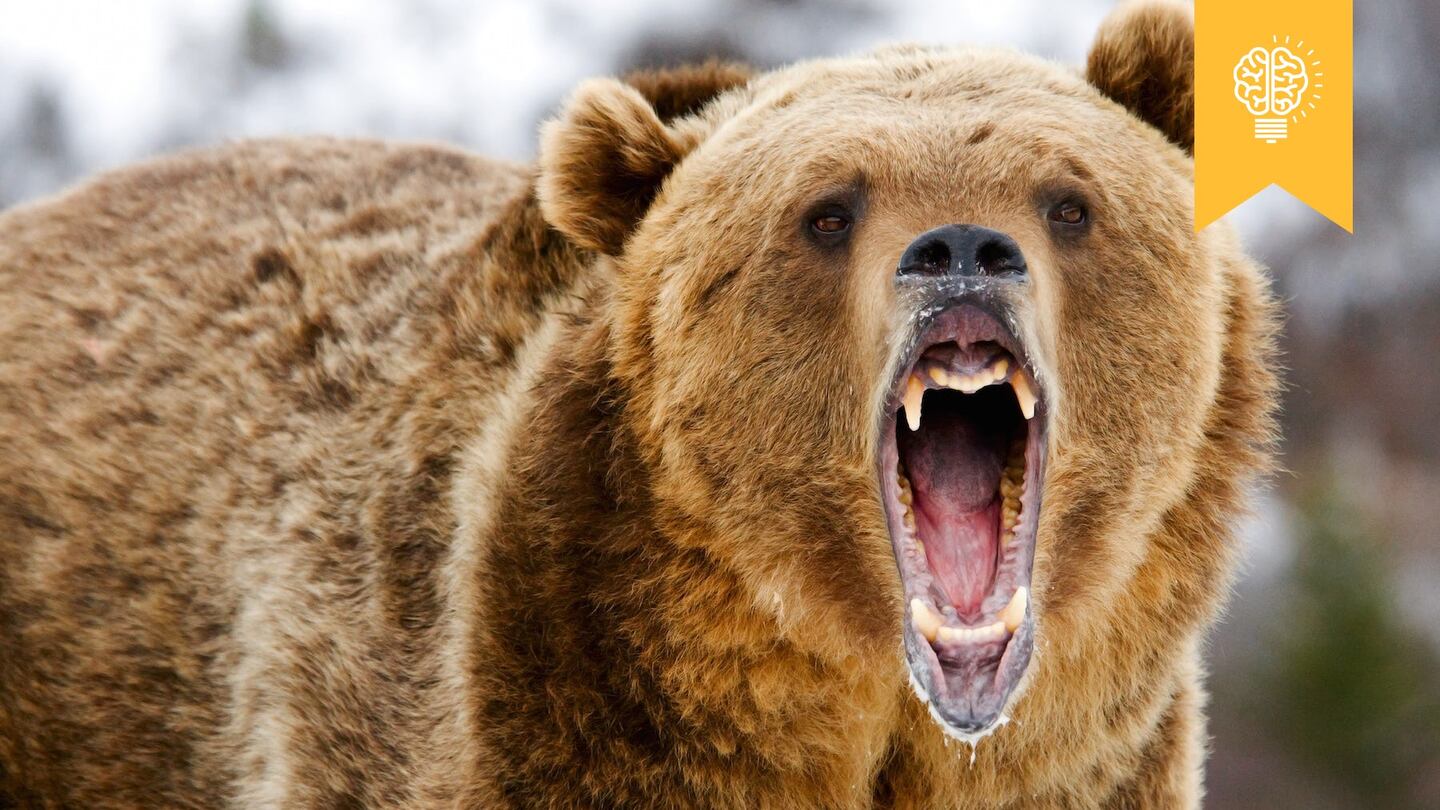
The Business of Fashion
Agenda-setting intelligence, analysis and advice for the global fashion community.

Agenda-setting intelligence, analysis and advice for the global fashion community.

LONDON, United Kingdom — Russian luxury goods consumption — about 4 percent of total global luxury sales, but at least 8 percent of the high-end of the market — is driven by a relatively small number of people with very high discretionary spending power. They are epitomised by the Oligarchs, who typically shop the top end of the spectrum, eschewing more accessible brands and categories.
But the last year has significantly impacted the situation in Russia. During a turbulent 2014, as oil prices plunged and Western governments imposed economic sanctions on the country in response to its aggression in Ukraine, the rouble dropped by about 40 percent against the euro. Russian tourist demand collapsed and, by the end of the year, was trailing by 30 percent compared to the same period in 2013.
The evidence suggests that Russian luxury consumers anticipated a continuing deterioration in the country's economic situation in 2015 by bringing forward their domestic luxury spending. Sales of high-end cars in Russia, for example, rose strongly during the final quarter of 2014. In the same vein, Richemont indicated that Russian domestic demand was offsetting the impact of a significant withdrawal by Russians from the foreign markets where they traditionally spend. This was, most likely, due to the fact that Russian luxury consumers were keen to part with their falling roubles ahead of hefty price increases from brands. Indeed, their fears were justified when Cartier hiked its local prices by 40 to 50 percent at the end of the year and other companies have since followed suit.
All this means that the big luxury groups, like LVMH, Kering and Richemont, are probably having a very tough time in Russia. How can they offset the impact?
ADVERTISEMENT
Major luxury players have two fundamental options to shake off what is likely to be a more moderate growth environment in the next few years:
1) Develop Their Smaller Brands
Two of the largest groups — LVMH and Richemont — have a significant number of smaller businesses which have underperformed for a long time. Getting better traction with these brands would have beneficial impact on profit and loss. Kering is leading the way in creating value with smaller brands, evidenced by the successful development of Bottega Veneta and, more recently, Saint Laurent.
2) Exploit Digital
Luxury goods companies already have material assets they can exploit: well-known brands, global retail networks and supply chain infrastructure. Developing the ability to better serve clients digitally would only marginally increase their net assets base, while adding revenues at higher margin (as digital stores do not carry the real estate or staffing costs associated with physical retail). Given high average basket size, digital is likely to boost return on invested capital and trigger share price upside.
Mergers and acquisitions, on the other hand, have often proved to be a much trickier route to growth for luxury groups. And paying hefty acquisition premiums has rarely been a good platform for creating shareholder value.
In sum, while companies like Richemont still shine in the mid- to long-term, the short-term view for the world’s largest luxury players is less bright.
Luca Solca is the head of luxury goods at BNP Exane Paribas.
From analysis of the global fashion and beauty industries to career and personal advice, BoF’s founder and CEO, Imran Amed, will be answering your questions on Sunday, February 18, 2024 during London Fashion Week.
The State of Fashion 2024 breaks down the 10 themes that will define the industry in the year ahead.
Imran Amed reviews the most important fashion stories of the year and shares his predictions on what this means for the industry in 2024.
After three days of inspiring talks, guests closed out BoF’s gathering for big thinkers with a black tie gala followed by an intimate performance from Rita Ora — guest starring Billy Porter.